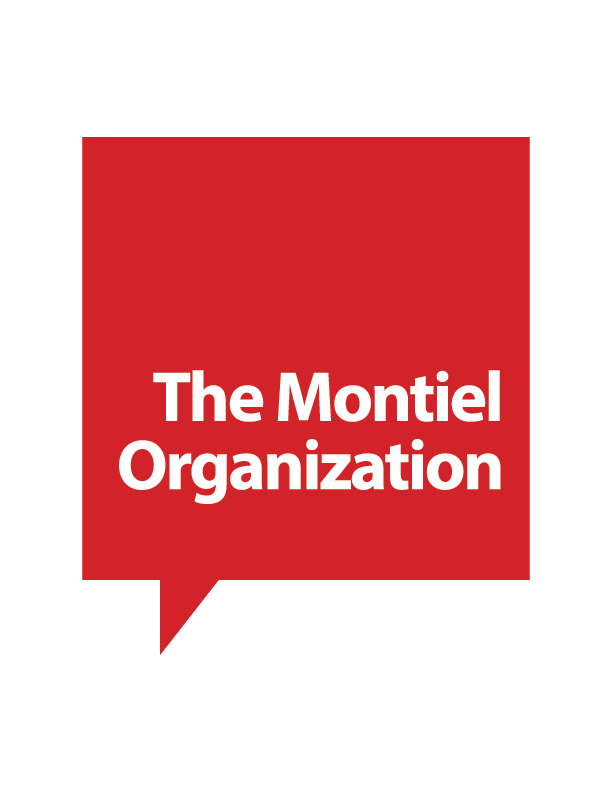There are Five Key Factors to Increasing Productivity, Part I
QUOTE
“Don’t confuse activity with productivity.” – Steven Covey
LESSON/PRINCIPLE
The type of contract (independent contractor agreement) we sign with our broker may be one of our worst enemies. The reason for this is that the main stipulation in that contract is that our broker cannot force us to work or go to the office. As a result, we end up doing whatever we want whenever we want to do it. This means that we have to be extremely disciplined and organized in order to be and stay productive.
Most agents fall into the trap of excusing themselves because they had to take care of personal matters or spend time doing mundane tasks instead of focusing on the few income producing activities that will generate results and grow their business.
One of the key factors, on which we concentrate in our coaching program, is working on specific activities to remain productive and increase productivity.
THERE ARE 5 KEY FACTORS TO INCREASING PRODUCTIVITY
- SIMPLICITY:
“It is not daily increase but daily decrease that will make you more productive.” Bruce Lee
- Being selective—doing less—is the path of the productive.
- Ask yourself: What is the most urgent thing I feel I “must” or “should” do, right now, in order to increase production?
- What top three activities do I use to fill time so I feel I’ve been productive?
- Which people make up the 20% who help me produce 80% of my income and propel me forward?
- It is imperative for you to learn to ignore or redirect all information and interruptions that are irrelevant, unimportant, or un-actionable.
“Stressing output is the key to improving productivity, while looking to increase activity can result in just the opposite.” – Paul Gauguin
“Nothing is less productive than to make more efficient what should not be done at all.” – Peter Drucker
In the strictest sense, you shouldn’t be trying to do more each day–trying to fill every second with a work fidget of some type. Being busy is most often used as a guise for avoiding the few critically important, but uncomfortable, actions.
It is not only possible to accomplish more by doing less, it is mandatory.
Read “The One Thing,” one of the seven principles of coaching.
- 2. INFORMATION
- Low-information diet (In other words, just in time learning). Focus on “just-in-time” information instead of “just-in-case” information. Information is useless if it is not applied to something important, or if you will forget it before you have a chance to apply it. Here are two things you can do, immediately, to avoid information overload:
- Limit access to your email. Email is one of the greatest interruptions of modern life.
- Turn off the audible alerts from your computer, email, and telephone.
- 3. FOCUS
Everything I do now has to, somehow, either increase sales or decrease costs otherwise “It’s someone else’s job.” – Tim Ferriss
- Divided attention will result in lapses in concentration and poorer net results.
- ATTITUDE
You can’t make excuses and make money at the same time. We need to realize that we are 100% responsible for our own productivity. Unfortunately, our culture tends to reward personal sacrifice instead of personal productivity. It’s far better to choose to focus on your productivity rather than your obstacles.
- Prevent useless past-tense deliberation and negative emotions that improve nothing but only serve to deplete your attention.
- 5. TIME
- Identify the time of day and the number of hours you are most productive. The key is to work the right number of hours a day, at maximum efficiency, then go and do something else. Every person is different, but if you start measuring the amount of time you are most productive you will develop endurance and will be able to go longer periods of time with 100% focus. Pay attention to the times you are most productive and the time you are least productive. When you are least productive, choose to do something else in order to re-charge your mind and body.
- Working every hour from 9:00–5:00 isn’t the goal. It’s simply the structure most people use, whether it’s necessary or not. In my case I try to work Monday-Thursday from 8:00 a.m.-4:30 p.m. I take Fridays to re-charge. Friday is a day for me.
Continued in Part II . . .
REMEMBER THAT WISHFUL THINKING IS NOT A STRATEGY. TAKE ACTION TODAY!
Download the report “THE 7 STEPS TO BECOME A TOP PRODUCER

